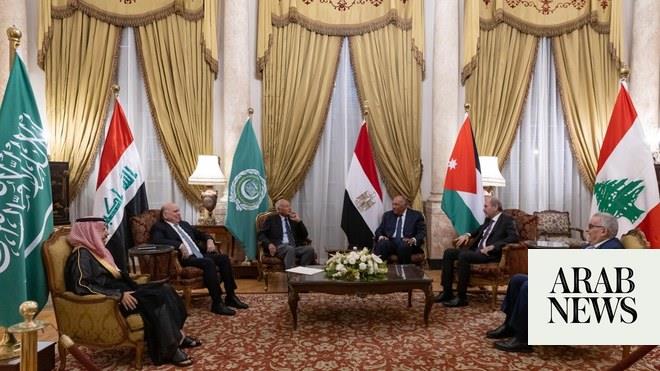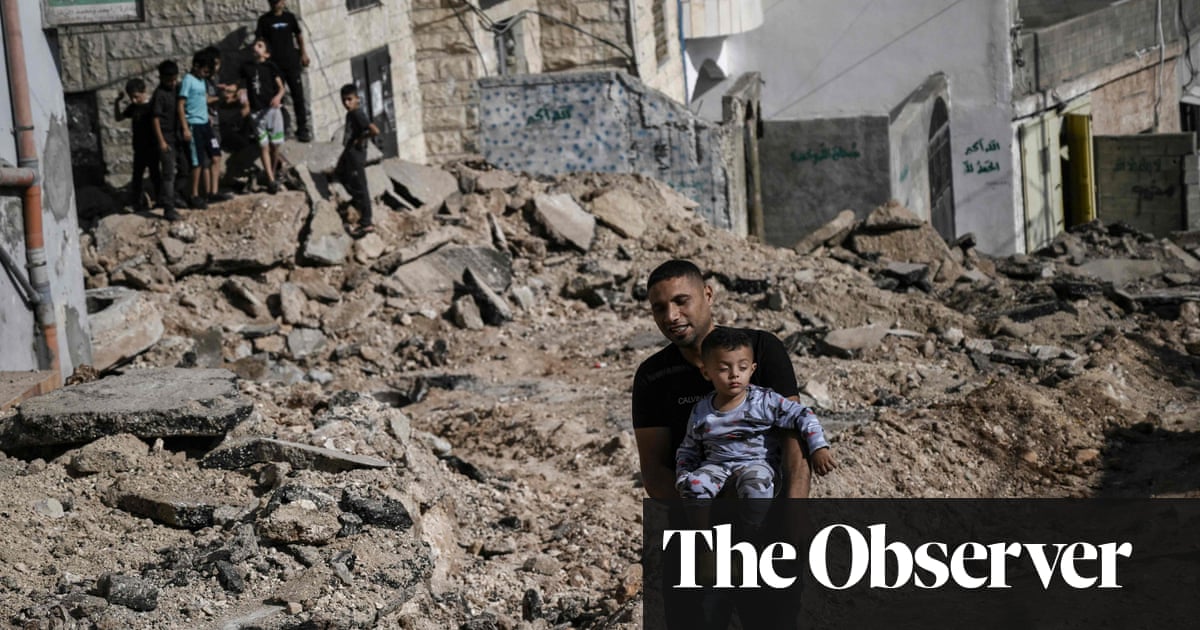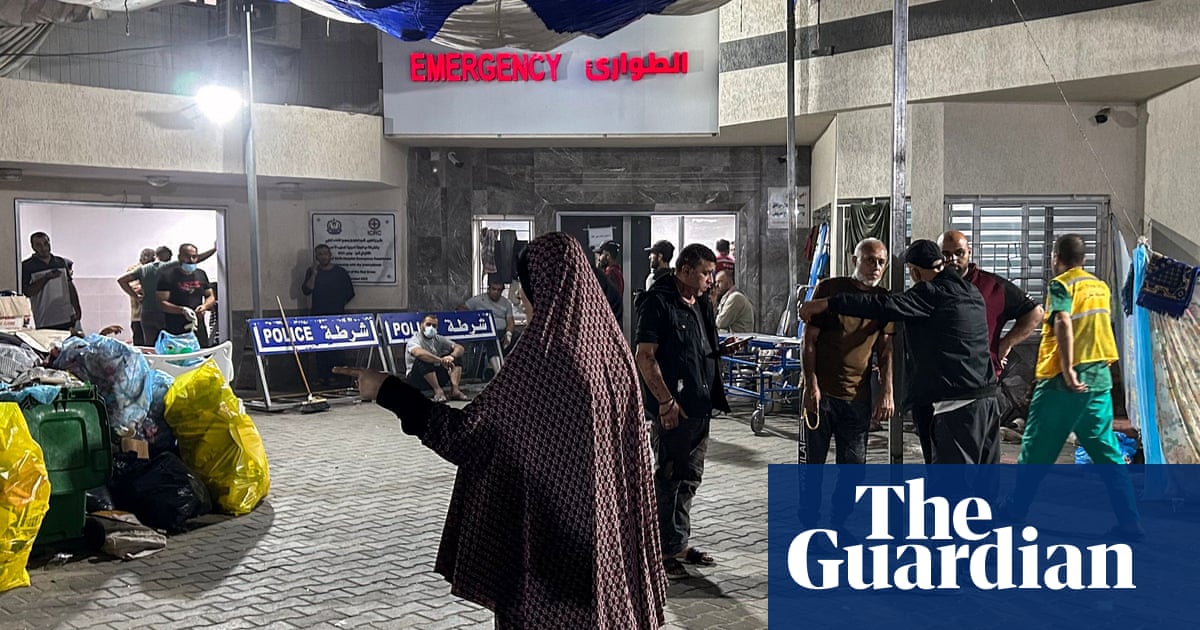
News coming from areas under Houthi control in Yemen are not reassuring. “The coupists in Yemen released a prisoner they believed was dead due to the severity of his torture,” “The Yemenis are fleeing Zabid (southern Hodeidah) fearing that they may be used as human shields by the Houthis,” “The Houthis are arbitrarily planting mines” and let’s not forget “Houthi is inciting his followers to carry out suicide attacks in Hodeidah.”
Yemen is suffering on a daily basis from these Houthi actions, which, honestly, we are not surprised with from a terrorist militia. We would be surprised if it did not commit them given that its actions do not differ from al-Qaeda and terror groups in Syria, Iraq and Libya.
Efforts have been ongoing to search for a political solution in Yemen and Arab coalition members have given the UN envoy a new chance to stop the military operations on the basis that he be able to hold dialogue with the Houthis to persuade them to completely withdraw from Hodeidah. The Houthis had repeatedly refused to meet with him, but this all suddenly changed when the coalition and national Yemeni army made advances in liberating Hodeidah city. The Houthis promptly informed the envoy that they agree to place the port under UN supervision, a demand the militias have been rejecting for three years.
This confirms, based on past experience, that the Houthis consent to returning to political dialogue only when their military losses become too great. This is a temporary measure that would allow them to regroup. They will ultimately end up reneging on all agreements when they feel that they have made gains on the ground. The Arab coalition and Yemeni army are well aware of this and they will not be deceived again.
It is true that the doors for the political solution will always remain open until the UN envoy succeeds in convincing the militias to make real concessions that can ease the people’s suffering and end the war based on international resolutions, national dialogue and Gulf initiative. However, these three proposals are, unfortunately, no longer applicable given all the bitter experiences with the Houthis.
Everyone who believed that the Houthis could be led towards the political solution without military pressure have been proven wrong, whether it was the UN, European Union or others. No one wants to prolong the war or the military operations. At the same time, they are banking on the Houthis to return to reason, which is difficult given their brutality in killing the Yemeni people. The best way therefore to end the war lies in liberating more of Hodeidah. Its liberation will certainly be a turning point in forcing the Houthis to return to the negotiations table.
Without breaking their military morale, the Houthis will not turn to peace. The war will not end without dealing more losses in their ranks. This is an equation that the Arab coalition is following in order to limit civilian losses as much a possible.
We must point out here that even with these unfortunate losses that happen from time to time, they are still much less compared to wars waged by the United States against the Taliban in Afghanistan or the international anti-ISIS coalition in Iraq and Syria. Most importantly all of these losses are much less than what the Yemeni people, and region as a whole, would have suffered at the hands of the Houthis, had the Arab coalition not come into the picture.












